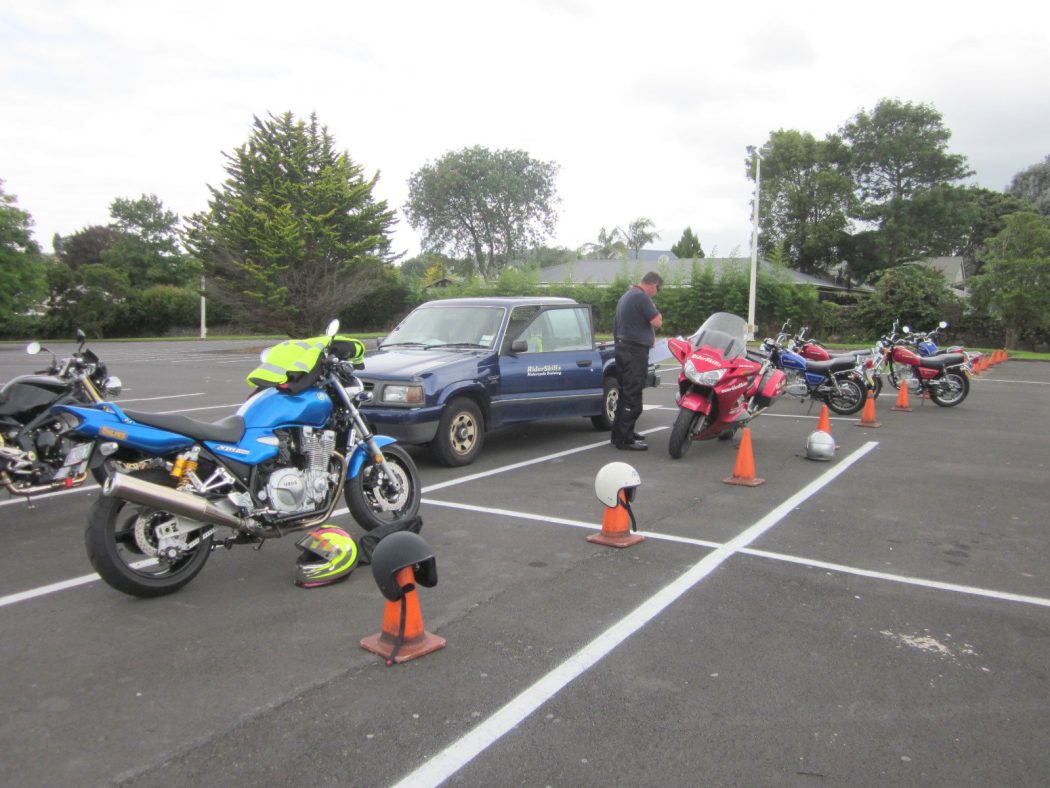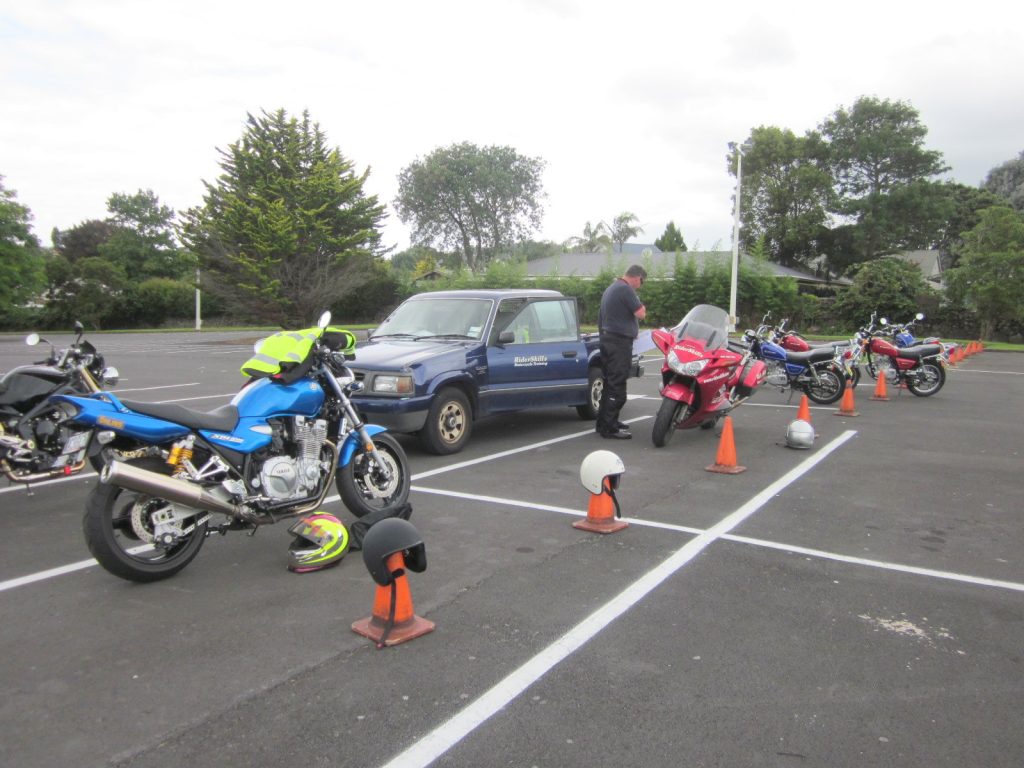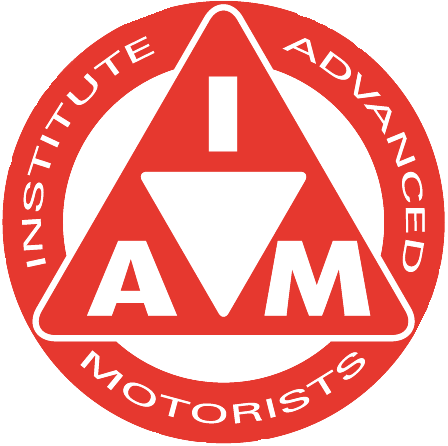This article is brought to you by AXA van insurance policies
After many years of getting behind the wheel motorists are likely to forget some of the finer points they learnt before taking their test and pick up a few bad habits. This can be demonstrated by the fact that driver error is named as a contributing factor in four out of five car crashes, showing it only takes one moment of forgetfulness to cause an accident.
However, as the results of a previous study by What Car? show, motorists are often simply not aware of the bad habits they’ve picked up and how these can be addressed. Although it was only a small scale study of 20 drivers, the research found just 45 per cent of people would likely pass the practical portion of the driving test if they retook it today. In order to pass the examination, motorists must not receive more than 15 minor faults or any serious errors, which if committed will result in an immediate fail.
Of the 20 drivers who took part in the research, eight committed a serious fault, two committed five serious errors, and one received more than 15 minor errors. Of the 277 errors the drivers collectively made, 30 per cent were for lack of observation, while speeding and moving off unsafely accounted for 15 per cent each. Paul Atkinson, managing director of What Car? Driving School, said the results clearly show motorists pick up bad habits once they have passed their practical test.
“There is a strong case for systematic additional driver training every five years to be encouraged and incentivised by both the government and insurance industry,” he added.
What’s more, the tests were accompanied by the results of a survey which found that although 75 per cent of people think driving standards in Britain are deteriorating, just one-third believe their skills behind the wheel have slipped. There is a whole host of research out there suggesting the habits motorists most regularly fall into. Tailgating is named again and again as the practice drivers find most irritating when they’re behind the wheel. A survey by Kwik-Fit found 66 per cent of motorists believe this potentially dangerous habit is the most irritating. Motoring organisation The AA previously suggested in the war against speed the problems caused by tailgating have perhaps been side-lined, yet as a bad driving habit it is perhaps one of the easiest to address.
“Although driving too close to another vehicle isn’t a specific offence, it’s one of the most common causes of car accidents,” David White from Kwik Fit explained.
Other top irritating habits, as identified in the company’s survey, include failing to indicate, overtaking dangerously, jumping traffic lights and hogging the middle lane. Rounding off the top ten were breaking at the last minute, driving hesitantly, undertaking, hogging the fast lane and moving off too slowly at traffic lights. The Institute for Advanced Motorists (IAM) has previously warned that these bad habits could be observed by young children and replicated when they learn to drive, providing an extra imperative for motorists to combat them. One way to do this, as previously called for by Mr Atkinson from What? Driving School, is to undertake regular driver training, which is available through organisations such as the IAM. Observing the driving routines of other people is another way for drivers to identify problems with their own style and take the necessary steps to boost their skills and ultimately improve their safety on the roads.
The first step to dealing with any bad driving habits, however, as with any bad habit, is making the decision to break it.







